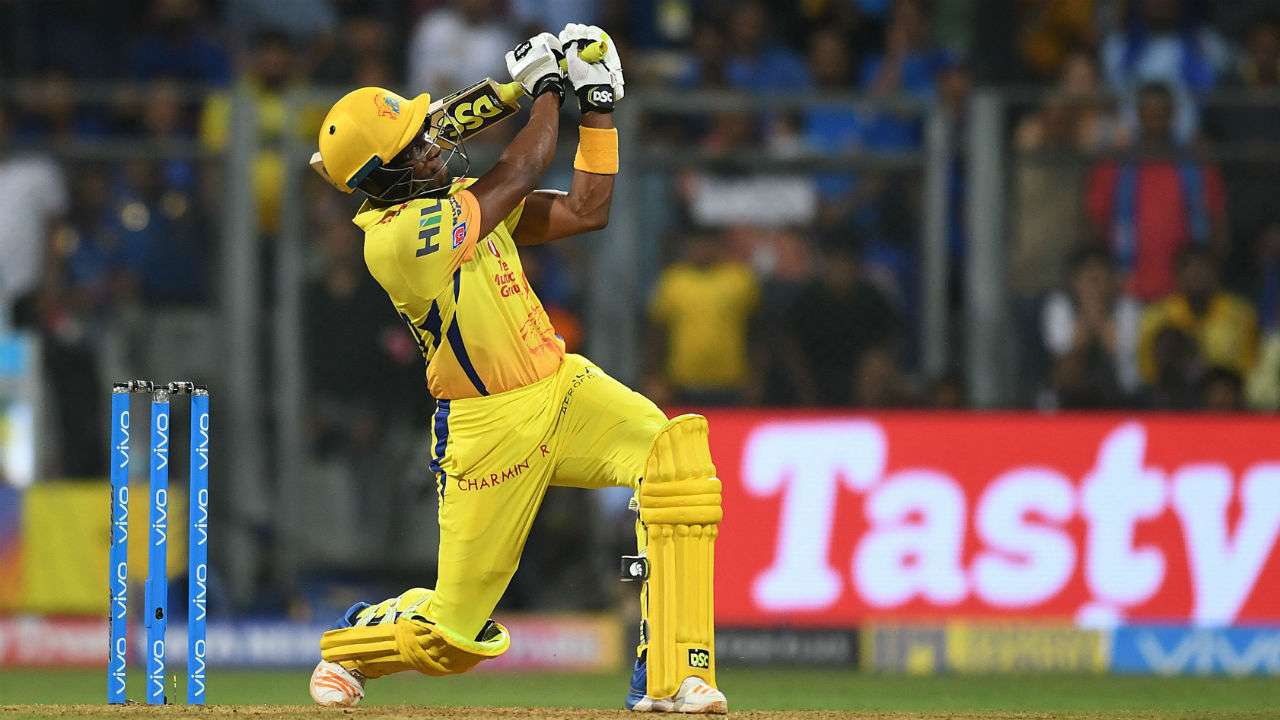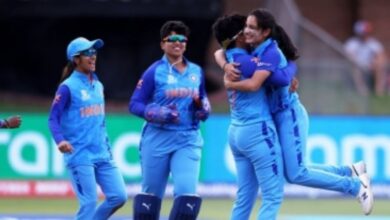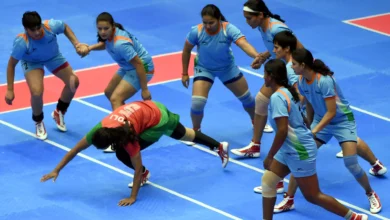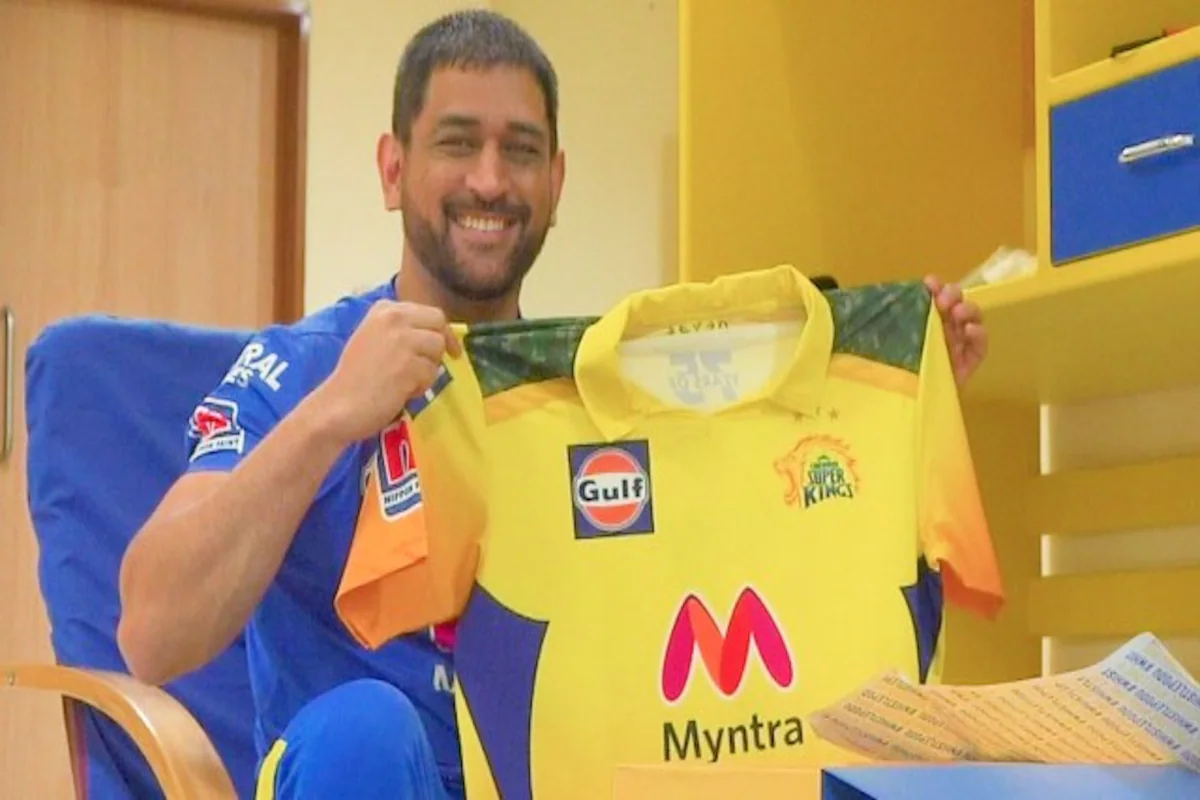KIBG 2025: How Tamil Nadu’s fisherman community is fuelling India’s beach volleyball growth
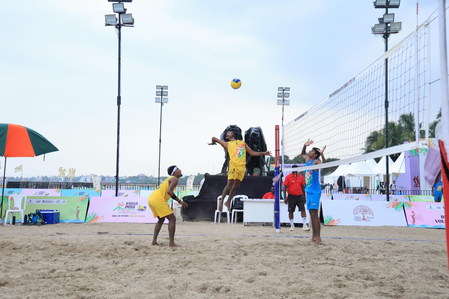
Diu, May 26 : Volleyball powerhouse Tamil Nadu became champions in both men’s and women’s categories at the Khelo India Beach Games (KIBG) 2025 in Diu. The dominance of the South Indian state in this sport is a routine affair; one story however stood out from the sand courts – the rise of beach volleyball players from the state’s fishing hamlets.
Two athletes in particular, Robin Ravi, 23, and Bharat Somu, 22, have emerged from the Palavakkam coastal community to represent India at international events like the Central Asian Volleyball Association (CAVA) Continental Cup finals in Bangladesh in 2023, winning bronze. The duo also won the silver medal in the men’s volleyball tournament at the inaugural KIBG on Friday.
“We live on the beach. It’s our life. Walking, working, and playing on the sand is second nature to us,” Robin and Bharat said unanimously. Their journey, like many others in the fisherman community, began by watching seniors play volleyball in nearby makeshift courts. Both players started young – Robin at 10 and Bharat at 15. With no formal coaching in the beginning, they learned through observation and passion.
“They have been practicing on a ground within their own hamlet in Palavakkam. Their dream is to represent India at the Olympics,” said A J Martin Sudhakar, veteran volleyball coach and administrator, who was also the competition manager for the sport at KIBG 2025.
Sudhakar was the coach of Pradeep John and Mohan Poothathan, who gave India a 9th place finish in Volleyball at the 2006 Asian Games. This was Indian volleyball’s best-ever finish at the continental event.
The fishermen community has a natural advantage, he said. “The fisherman community has given us some of the strongest and most resilient players in the game. Their lifestyle—pulling fishing nets, walking on shifting sand, constant exposure to sun—builds the perfect stamina, balance, and strength needed for beach volleyball,” Sudhakar told SAI Media.
“That is why they adapt to beach volleyball faster than most. Their lower bodies are already conditioned for the uneven terrain. Endurance and adaptability to sand are critical. Acclimatization is part of the game. Fisherman boys adapt faster because they live in this weather. That’s a major reason why they excel.”
Bharat and Robin are both unemployed despite their international medals. “Their families are not rich. Their fathers are fishermen and plumbers. But their biggest support has been the freedom to pursue the sport even without jobs. This however can’t go on forever,” Sudhakar said. “If they get government jobs, at least 100-150 more youngsters from the community will take up the sport seriously.
“We are organising a 10-day camp in Chennai from next month specifically for the fisherman community. These efforts will scale our presence in national and international circuits,” he added. “The community is very tight-knit. If one succeeds, everyone follows. It’s not just volleyball. They play beach football, kabaddi, and even cricket.”
Beach volleyball was introduced in the Khelo India platform for the first time this year. “This is one of the best spectator sports. It can be developed quickly. It’s time we support it fully,” Sudhakar, who has been an executive member of the Asian Volleyball Confederation’s Beach Council for 12 years, said. Speaking of the Tamil Nadu’s continuous dominance in indoor or beach volleyball, Sudhakar added, “We have courts even in schools. Districts like Nagapattinam and Mayiladuthurai have produced excellent players.
“Other coastal states should also replicate this. European countries are creating artificial sand courts in towns. We don’t even need that. We have natural beaches. Just put one foot of sand and start,” Sudhakar, also the General Secretary of Tamil Nadu State Volleyball Association, said.
At the Khelo India Beach Games 2025, Jammu & Kashmir and Chhattisgarh reached the quarters, before Tamil Nadu, Kerala, Puducherry and Andhra Pradesh took over as semi-finalists. “Jammu & Kashmir players from the police unit came just one day before the match, with no sand court back home. Still, they reached the quarterfinals. That’s self-motivation,” continued Sudhakar.
The model from Tamil Nadu is replicable for North Indian states too, he said. It starts with identifying the right environments, investing in basic infrastructure, encouraging youth through schools and universities, and giving financial security to top performers. “The northern states can start small. You don’t need a beach. Just get sand, mark a court, and begin. The Federation must send coaches, hold clinics, and engage with state sports departments. That’s the way forward,” he added.
Sudhakar believes a national roadmap can change this. “Conduct seminars, train local coaches, and assign them to regional academies. Bring foreign experts from Brazil, USA, or Europe for three-month stints. That’s how the sport will rise. We don’t need snow-covered indoor sand courts like Europe. We have natural beaches—let’s use them wisely,” he said.
“The easiest way to grow in global volleyball is through beach volleyball. And this is the best time. We also need to employ these players and give them a future. That’s how you build a sports ecosystem,” Sudhakar concluded.
IANS


